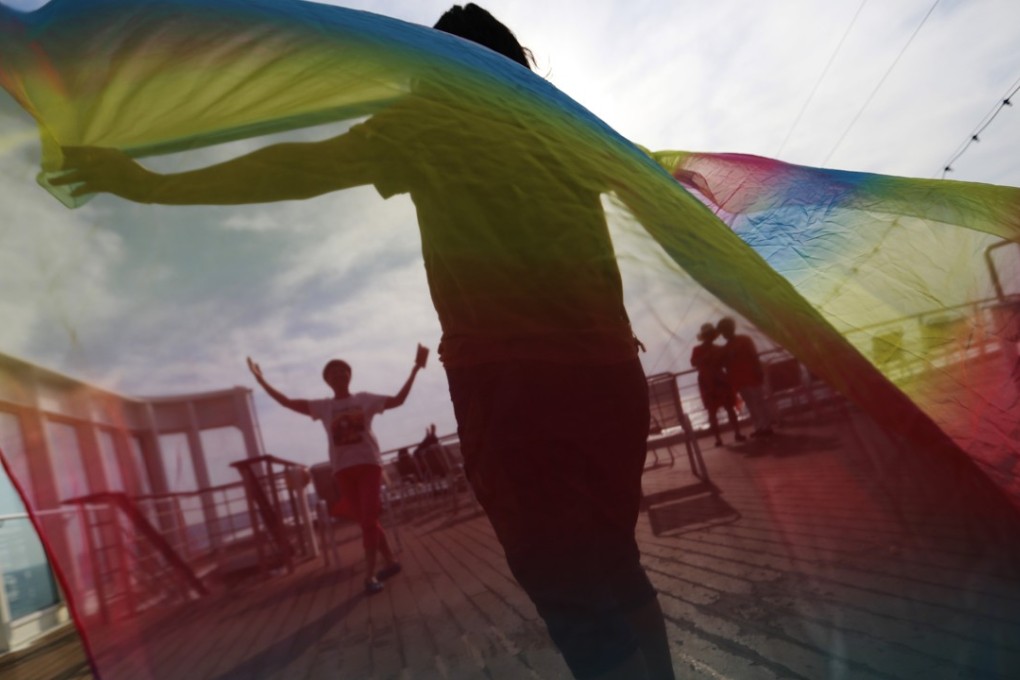Online outcry forces China’s Twitter, Weibo, to backtrack on censorship of gay content
LGBT advocates call on company’s shareholders to dump stock and Communist Party’s official newspaper urges tolerance of homosexuals

China’s version of Twitter, Weibo, has reversed a ban on gay content after an outcry accused the company of smearing homosexuality by lumping it with pornography as it tried to meet government censorship rules.
On Friday Weibo said it would remove pornographic, violent or gay videos and cartoons in a three-month campaign, singling out a genre of manga animations and comics that often depict raunchy gay male relationships.
In response, gay, lesbian, bisexual and transsexual (LGBT) advocates poured online to criticise the decision using hashtags, open letters and even calls to dump parent company Sina’s shares.
On Monday, Sina backtracked and said the clean-up would no longer target homosexual content.
The outcry reflects a fear that growing censorship tends to ban all gay content as “dirty”, a setback for efforts to carve out an online space of tolerance for homosexuality in China’s traditionally Confucian society, LGBT advocates say.